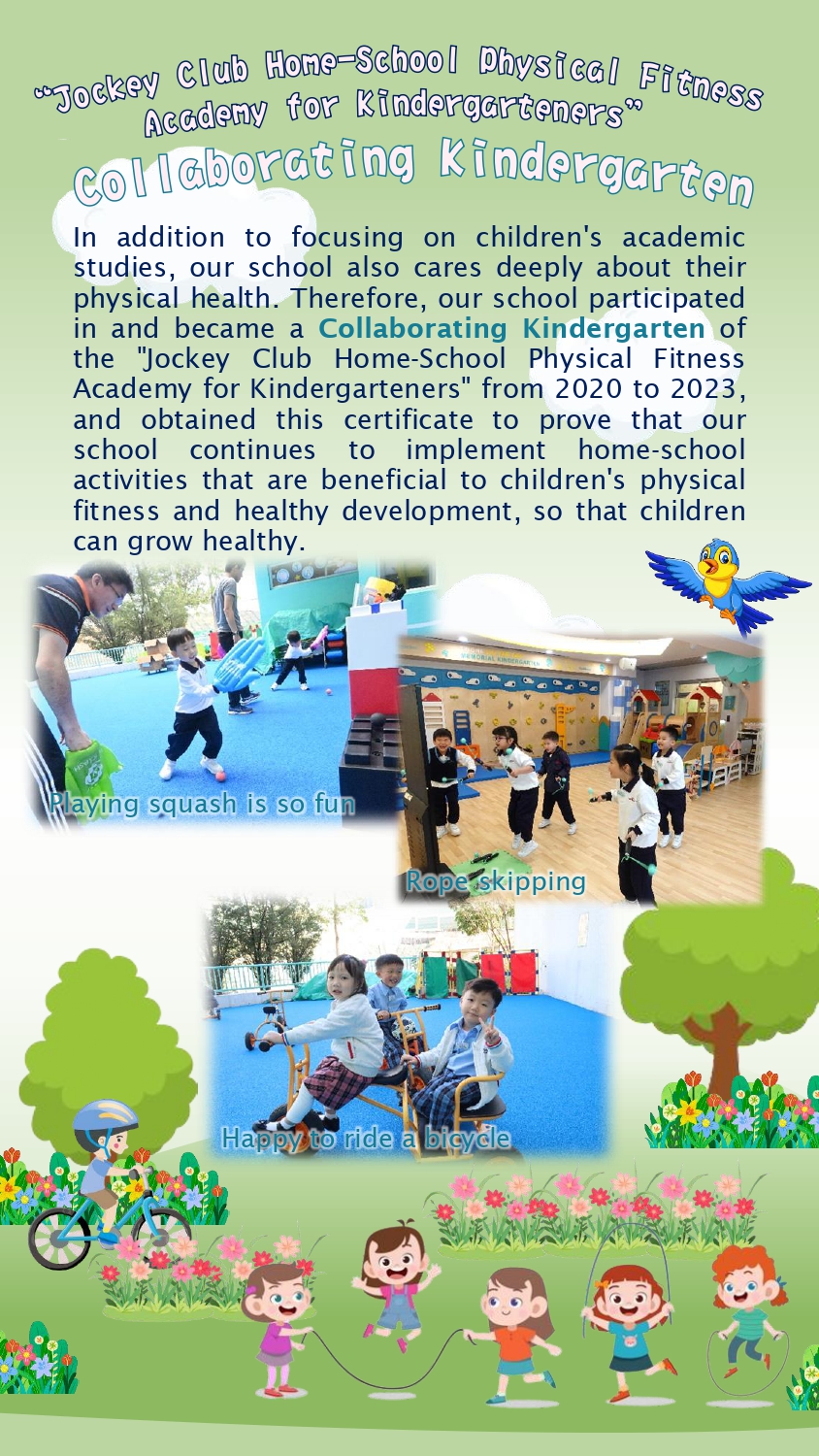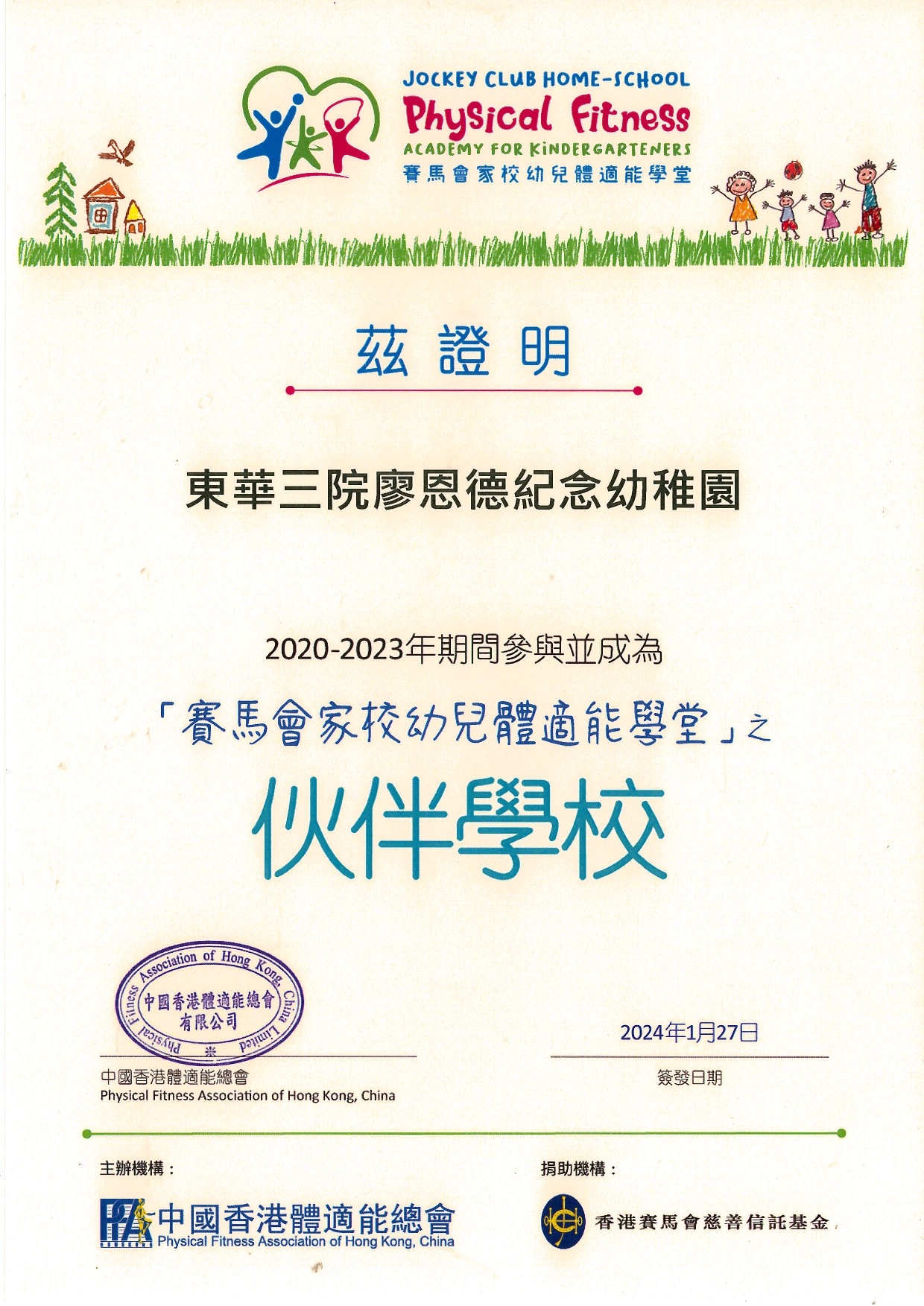Month: March 2024
Is learning and being immersed in art really that important?
- Post author By system
- Post date 01/03/2024
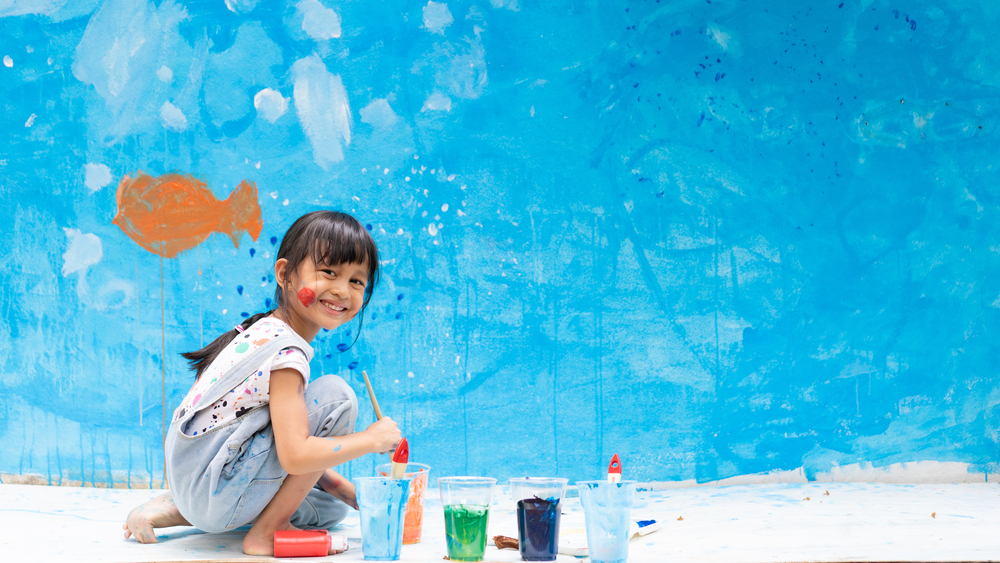
Parenting Tips
March 2024
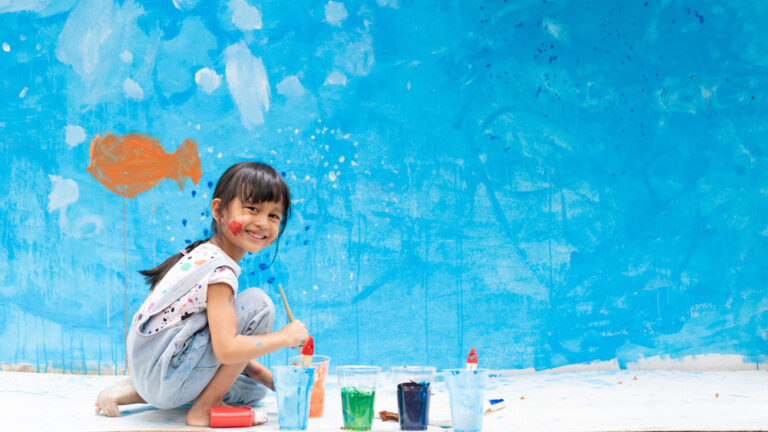
Written by: Director of Pario Arts, Lee Sou Jing
Having worked in education for many years, I have encountered numerous parents who choose “quick-fix,” short-term courses or extracurricular activities for their children, which can be described as somewhat utilitarian. Conversely, they tend to undervalue non-utilitarian courses or activities that pursue aesthetics. Generally, what most attracts parents’ attention are subjects or talent classes where their children can participate in competitions, have certification ratings, or show significant results.
Art Education Has a Long-term Impact on Children
I firmly believe that under a utilitarian education system, there will be a profound impact on children’s future attitudes towards life.
Art education is unique, beautiful, and full of creativity. Children are not only learning the theory and techniques of art, but the process also stimulates their creativity and imagination. In the long run, art education greatly aids children’s behavior, as well as their learning and thinking.
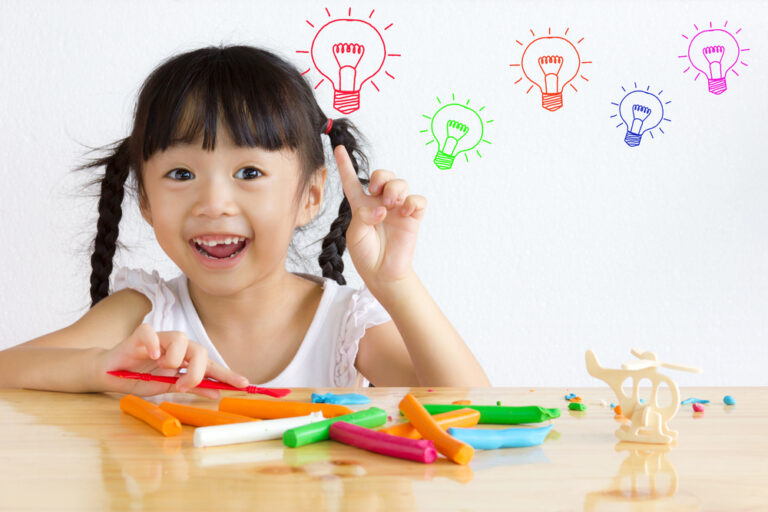
Experiencing Art in Life
We encounter art in our daily lives every day. In life, we can find many beautiful things, such as rich emotions, different tastes, unique feelings, and visual enjoyment. All of these can provide a comfortable state of mind amidst a busy life, allow you to experience the diversity and fun of this world, and discover the preciousness of tranquil beauty.
Parents Need to Lead by Example and Value Their Children’s Thoughts
In fact, whether it’s intelligence education or art education that emphasizes the cultivation of aesthetics, I believe the most important thing is for parents to provide companionship and support to their children. If you want to cultivate an artistic temperament in your child, you should understand that art education starts with yourself, especially the need to listen, accept, and understand your child’s thoughts, and tolerate the ways they express creativity. Children will easily develop an aesthetic temperament from a young age.

Parenting Tips
March 2024

Written by: Au Ka Leung, Registered Social Worker, Hong Kong Family Welfare Society
In 2012, it was the first year of the Hong Kong Diploma of Secondary Education Examination (HKDSE). Two years prior, I was already deeply concerned about how Form 3 students and their parents were dealing with the selection of subjects and the progression to higher education. Today, some students and parents have chosen to study abroad, leaving the local education scene. Of course, most students and parents have to face these changes, and I can only guide them with the limited public information and analysis available. For me and one of the parents, this journey is one of building confidence.
This parent has been asking questions about the new education system and exams over the past two years. In fact, he has become an expert by constantly updating himself with the latest information online, yet he still frequently asks teachers and social workers if his support and guidance for his children are appropriate. Over time, I realized that he is indeed a good father, but he lacks confidence in his son and his parenting skills.
His confidence is built on his son’s academic performance, behavior, and home environment. When discussing academic performance and behavior, one might think of exam scores and the child’s attitude towards revision. But what about the home environment? Due to his long working hours, this father only returns home after 9 pm, which is dinner time. He often mentions seeing his son pretending to be relaxed and watching TV dramas upon his return. Consequently, his understanding and guidance for his son are limited to what happens at home, leading him to distrust his son’s descriptions of school learning and after-school tutoring.
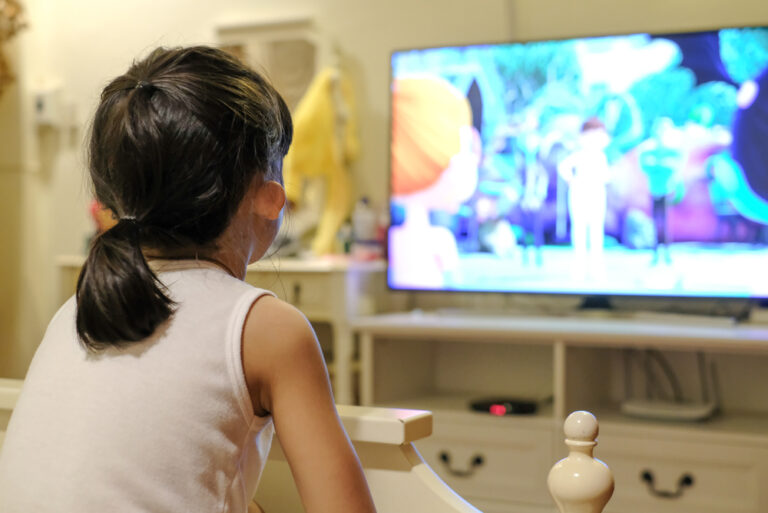
As a result, “Can you let me see you studying hard?” became this father’s mantra. Although the son wanted to explain to his father, “I work hard on my homework from class until late at night, can’t I even have a break?” his response was merely, “Oh,” leaving the father with nothing but helpless worries.
“Confidence” is a curious thing; when we see our children’s grades improve and their scores go up, we naturally feel confident. But why do we need confidence for something that has already happened? The confidence in our lives is partly transformed from personal experience, but true “confidence” is about having hope and good intentions for something that has not yet happened. Do not underestimate the power of saying, “With your abilities, you can do even better,” especially when the results are not as expected. Even a simple phrase can be enough to boost a child’s self-confidence and motivation. Being trusted by others is one of the elements that strengthen positive behavior. Expressing your good intentions with positive encouragement can bring hope to your son. In the workplace, the recognition and trust from your boss and clients are enough to allow you to come home with a relaxed mood. What a 16-year-old high school student, crying, longs for from his father is “to have a quiet meal with you.”
Dear parents, you are the witnesses to your children’s growth; they are not born failures. Over the past years, you have successfully brought them into the world, helped them grow, and learn. They have made efforts to turn over, walk, and attend classes, marking your success, “With your abilities, you can do even better.” Please regain “confidence” in yourself and them, and do not give up.
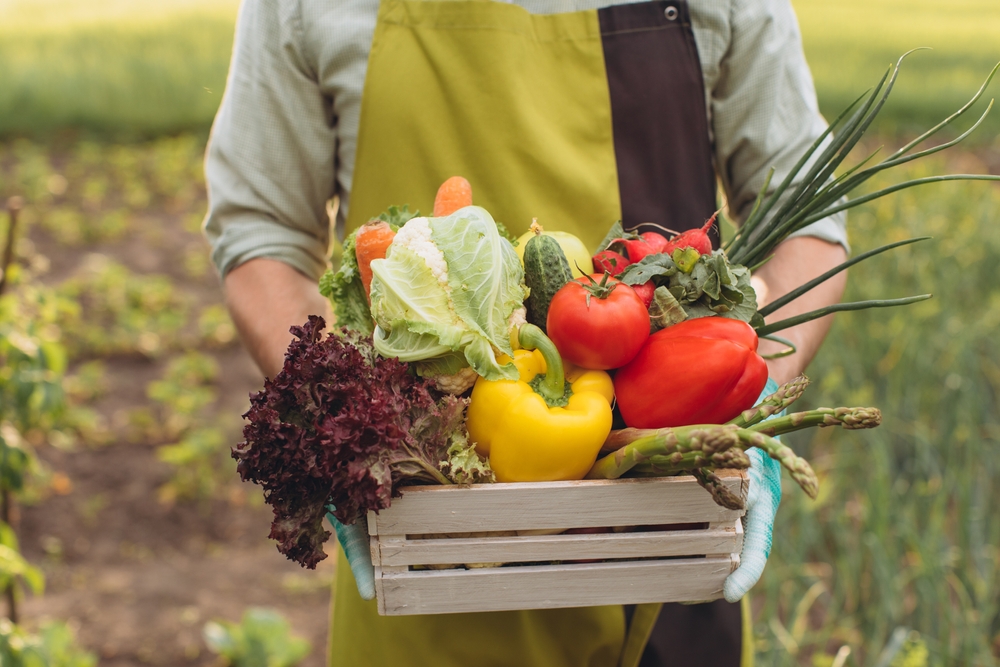
Parenting Tips
March 2024
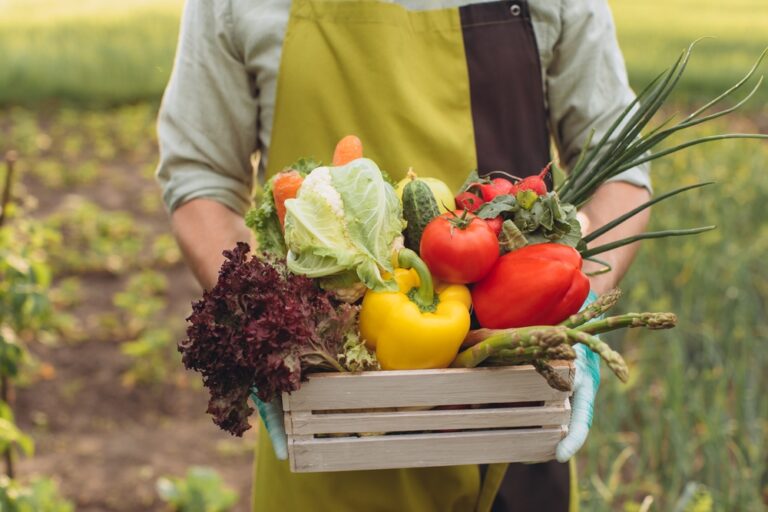
Written by: Registered Dietitian (Public Health) (UK) Phoebe Wu
Many families choose to consume organic foods such as fruits, vegetables, and eggs. When asked why they choose organic foods, most people respond: “Because organic food is safer and more nutritious.” In this issue, I will teach what organic farming is.
What is organic farming?
Organic farming refers to agricultural activities conducted using agricultural, biological, or mechanical methods instead of synthetic substances made by humans. It does not use chemical fertilizers, pesticides, or genetically modified crops, but rather utilizes local natural resources and adheres to the natural ecological order. The scope of consideration is very broad, for example: there must be a buffer zone of at least 2 meters between the organic production area of a farm and the non-organic areas to prevent contamination of the crops.
Crop and variety selection and diversity
- Seeds or vegetative propagating organs used for organic cultivation must be organically certified.
- Farms must implement crop rotation and intercropping and should diversify as much as possible to avoid monoculture.
Nutrient Management
- Fertilization must be done in appropriate amounts to prevent nutrient excess and environmental pollution.
- The fertilizers used on the farm should be harmless to the ecological environment in terms of their source, quality, application rate, and method of application.
- Fallowing should be practiced to allow the land to recover its fertility.
- The use of chemically synthesized fertilizers, human excreta, sewage sludge, and chemical waste is prohibited.
Management of diseases, pests, and weeds, as well as crop growth
- Implement appropriate fertilization and irrigation management.
- Use physical methods, including manual labor, fencing, light, sound frequency, heat, etc.
- Plant crops that have pest control functions (including repelling pests and attracting natural enemies).
- The use of chemically synthesized herbicides, fungicides, insecticides, and other pesticides is prohibited.
Hence, organic farming focuses more on ecological protection during the cultivation process. However, in terms of nutritional value, the difference between organic and non-organic food is actually not significant. Moreover, there is no evidence to suggest that children who eat organic food are healthier or smarter. Of course, since organic food is more environmentally friendly and uses fewer chemical pesticides, I also encourage everyone to purchase more of it.
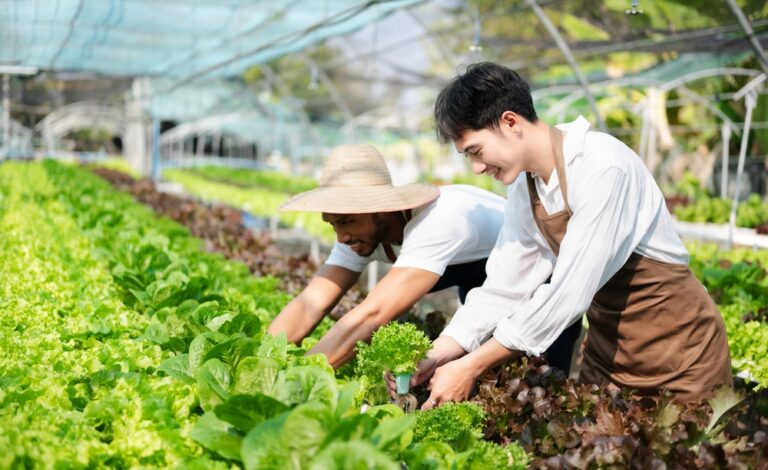
Conventional Farming vs. Organic Farming
| Conventional Farming | Organic Farming |
Safety | More commonly uses chemical pesticides and fertilizers.
| -Fewer chemical pesticides. -Focuses on the ecological environment. -Uses non-genetically modified materials. |
Nutrition | No significant difference | |
Health | Similarly, attention should be paid to the principles of a healthy diet low in fat, sugar, and salt. | |

